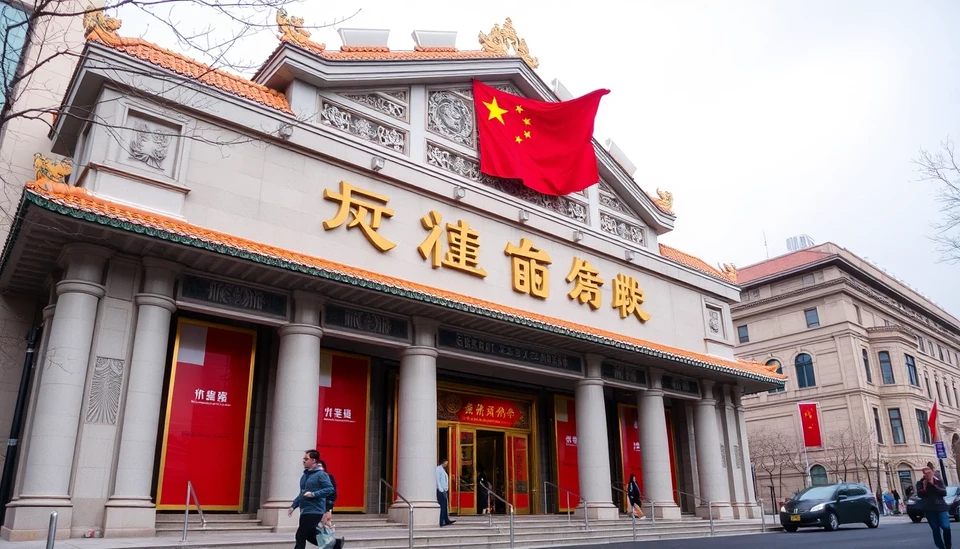
In a significant move aimed at bolstering financial stability, China's state-owned banks have announced plans to conduct capital placements totaling an astonishing $72 billion. This monumental decision comes in the wake of ongoing economic pressures that have prompted financial institutions to enhance their capital buffers amid a climate marked by uncertainties and regulatory scrutiny.
The concerted effort by these banks underscores a proactive stance to address not just regulatory requirements but also the intrinsic challenges posed by a slowing domestic economy coupled with international pressures. The capital injections are expected to come through a variety of instruments including the issuance of shares, convertible bonds, and other capital enhancement techniques.
Key figures in the banking sector have indicated that these capital placements are not merely a response to immediate regulatory demands but also a strategic initiative to position themselves for sustainable growth in the coming years. The ongoing economic shifts, especially stemming from the global supply chain disruptions and variations in trade dynamics, have necessitated a stronger foundation for the banks.
Industry analysts suggest that the success of this capital raising initiative will hinge not only on the banks' outreach to investors but also on maintaining confidence within the market. There is an anticipation that enhanced capital strength will allow these banks to mitigate risks associated with non-performing loans that may arise from prolonged economic stress.
The initiative is being closely monitored by both domestic and international entities, with a particular focus on how it might influence lending practices and consumer confidence in the months to come. The willingness of state banks to pursue such large-scale capital placements may signal a cautious optimism toward stabilizing the financial landscape in China.
As part of this strategy, several banks are expected to leverage state backing to reassure potential investors of the viability and security of their investments. This backdrop provides a unique lens on how state influences market dynamics within the banking sector, especially in a nation characterized by its strong public sector presence.
The context of this capital placement initiative further illustrates the inherent complexities faced by financial institutions in navigating both domestic and global challenges. In light of increasing international economic uncertainty, this ambitious endeavor may well set a precedent for other banks in similar environments looking to strengthen their capital foundations and uphold investor confidence.
As the world watches, the outcomes of these endeavours will not only shape the trajectory of these banks but also highlight the resilience and adaptability of China’s financial system in the face of evolving economic landscapes.
In conclusion, the decision by China's state-owned banks to embark on such a substantial capital-raising path is indicative of the proactive measures being taken within the banking sector to ensure stability and promote growth amidst challenging times. The implications of this strategy will be closely evaluated by stakeholders as the developments unfold.
#China #Banking #Finance #CapitalMarkets #EconomicStability #Investment #StateOwnedBanks #GlobalEconomy #FinancialNews #MarketWatch
Author: Rachel Greene




